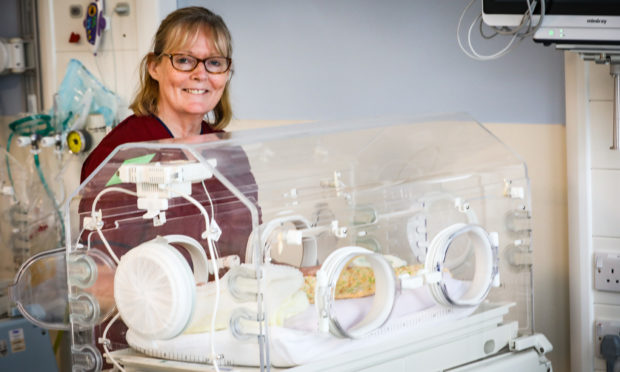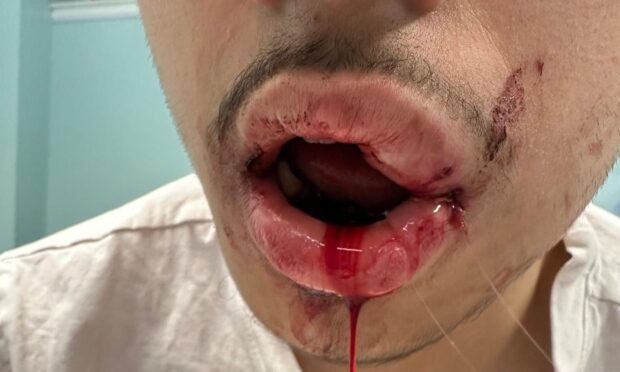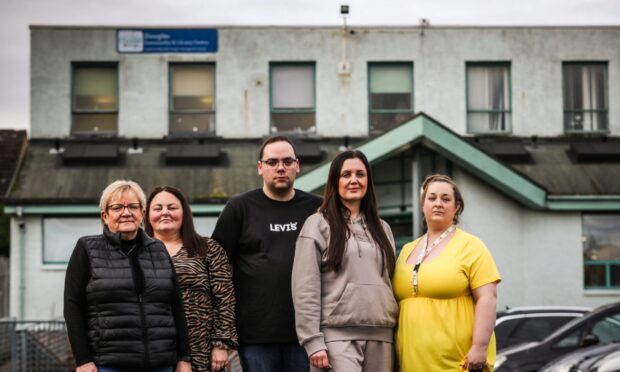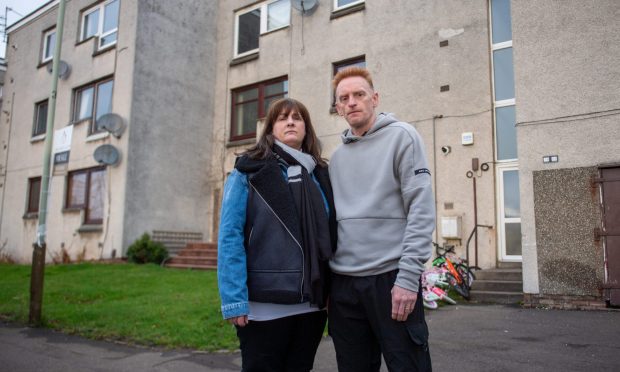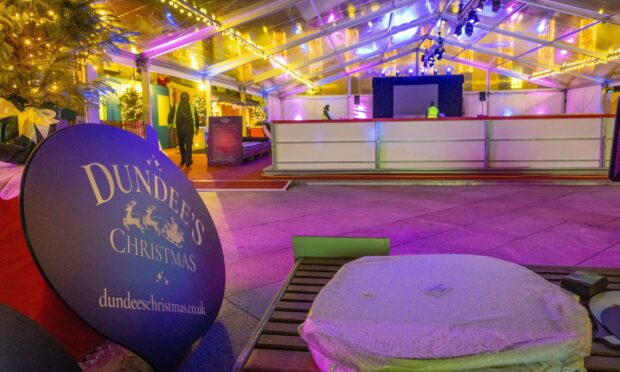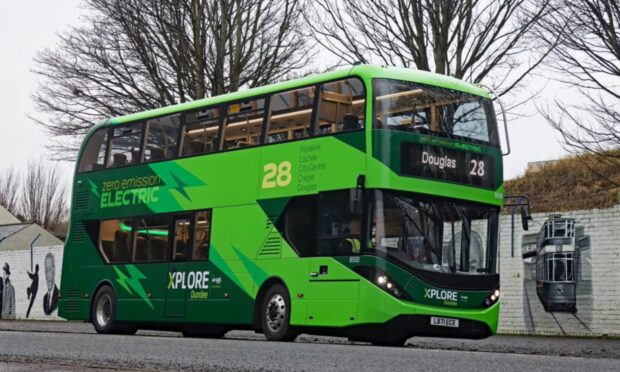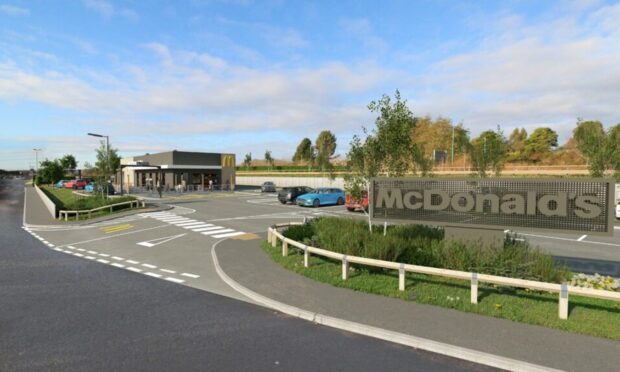A £7 million refurbishment of Tayside’s neonatal intensive care unit (NICU) is to begin, bringing significant improvements in the care of ill or premature babies.
The refurbishment will see the unit at Ninewells Hospital redesigned to make better use of the space and make it more welcoming for families.
NICU has been moved to a temporary location before work is carried out but will return when complete in summer 2020.
The total cost of the revamp is £7.2m, £500,000 of which will come from NHS Tayside and £6.7m from the Scottish Government.
The unit, which sees around 500 admissions per year, will feature the same number of cots as before but with more space for parents to spend time with their babies.
Senior ward nurse Alison Wright, who has worked on the ward for 31 years, said parent engagement events have been “crucial” in the design.
Ms Wright said: “The reconfiguration of the nurseries will provide just that wee bit of extra space.
“It will mean space for individual families to spend time with their baby providing more skin on skin contact.
“It’s so important to allow that bond to be made. We are there for them but what the parents can do for their babies, they should do, not us.
“That’s the ethos with which we are trying to redesign it. Families are at the heart of it. That’s what is important and that’s why we are here.”
Art has also been an important theme with the ward’s well-known badge, used since the 1990’s, incorporated in nature-inspired wall designs by artist Freya Cumming.
The cots will be made up of three for high-dependency, four for intensive care, 14 for special care and four for transitional care.
The Milk Kitchen, which allows for preparation and storage of infant feed and breast milk, will be made bigger while corridors will be better utilised.
Quiet rooms, which were “very much lacking” in the old unit, according to Ms Wright, will also provide a place for parents and staff to de-stress.
The ward will continue to provide optimum conditions to help in the recovery of infants, some of whom can be admitted under 28 weeks premature.
This involves recreating the conditions in the womb, helping to replace that time and continue development of essentials such as hearing and sight.
Staff are not allowed to wear perfume or aftershave while working to protect the ultra sensitive sense of smell among the newborns.
The work of the unit has such a profound impact that adults once looked after as infants regularly return to speak to staff.
Families also often return, sometimes in sad circumstances if a newborn has passed away while in the unit. For some, it is the place they consider most precious when remembering their lost loved one.
Ms Wright added: “We have worked with families throughout the redesign. They have been so important.
“It will be exciting when the time comes to move back.”
